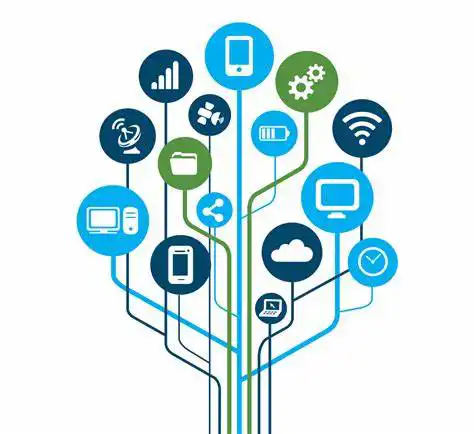As the world grapples with the ongoing pandemic, remote work has become a common practice for many businesses and corporations, including the tech giant Dell. However, in recent development, Dell stated that remote workers will no longer be eligible for promotion opportunities.
This decision has sparked controversy among remote workers who have learned that their work-from-home status could stagnate their career growth despite their productivity and dedication. Diving deeper into the matter, it is crucial to understand what led Dell, a tech pioneer, to take this step.
Dell's new policy affects a significant portion of its global workforce, many of whom have been working remotely since the pandemic began. It rigidly defines a difference between on-site employees and those working from home, emphasizing a preferential treatment towards those who work in office.

This stark distinction is a significant shift from the previous system, where remote workers, despite not being physically present in office, were treated on par with their in-office counterparts when it came to advancements and promotions.
Implications of the Policy Change
The repercussions of this change are wide-ranging and potentially detrimental for the company culture at Dell. It sends a message that physical presence is more important than an individual's work output or contribution to the company's success.
This new policy might discourage the existing remote work talent from remaining with Dell. Moreover, it might deter potential talented individuals who prefer flexible work arrangements from joining the company. This could lead to a significant talent drain, creating a problematic scenario for Dell.
If remote workers begin to feel undervalued or unappreciated, it can affect their motivation and productivity, causing a ripple effect on various operations within the company. In the long run, this could harm the company’s efficiency and productivity.
Furthermore, the new policy might place unnecessary pressure on remote workers to return to the office. This may not only risk their health amidst the ongoing pandemic, but it can also disrupt their work-life balance.
Future of Remote Work
While Dell's decision seems retrogressive amidst the global shift towards remote work, it raises questions about the future sustainability of work from home arrangements. Will companies continue to embrace remote work or is Dell’s decision the first sign of a retrenchment?
Several studies indicate that remote work increases productivity and reduces overhead costs, at the same time providing employees with more flexibility. On the flip side, companies may feel that remote work could potentially hamper communication and collaboration within teams.
Companies like Dell may believe that in-person collaboration fosters more innovation and creativity. But, it is to be noted that many successful tech companies thrive with entirely remote teams, proving that physical presence does not solely define productivity.
As the future of work is still uncertain and largely dependent on the handling of the pandemic, Dell’s policy does set a worrisome precedent for other corporations who might consider following suit.
Workforce Reaction and Impact
For current remote employees, Dell's policy change is a demotivational blow. It shows a clear preference for onsite employees, which could lead to increased dissatisfaction and departures among the remote workers.
Future job seekers with Dell might also be disheartened because of this policy. More and more individuals are seeking jobs that provide work flexibility. For those prospective employees, Dell’s decision might be a deterrent.
As interpretation and acceptance or rejection of this policy will be subjective to an individual's work preference, the policy could end up dividing the workforce into two – those who prefer to work remotely and those preferring the traditional office environment.
Regardless of the interpretation, such a policy can result in creating a rift within the workforce that can potentially negatively affect the overall company culture and morale.
In conclusion, although Dell's decision is within its rights as an employer, the impact on its employees and potential future talent cannot be overlooked. As other corporations watch Dell's handling of this situation, the future of remote work hangs in the balance. It remains to be seen how the workforce will continue to adapt amidst these changing norms.